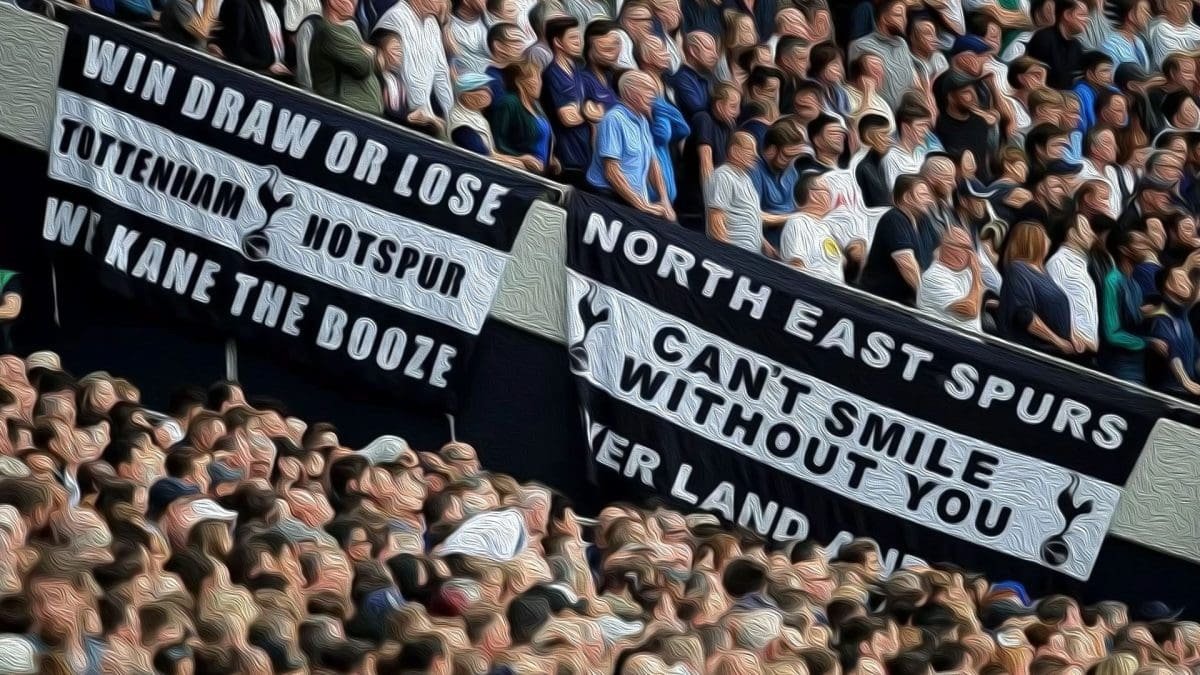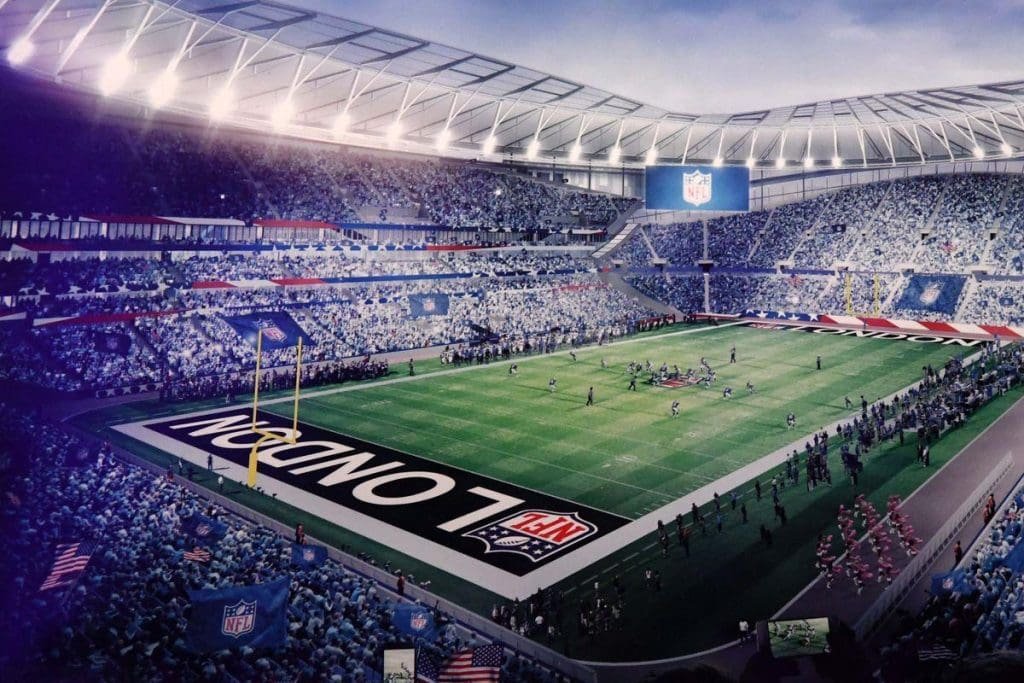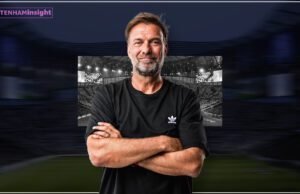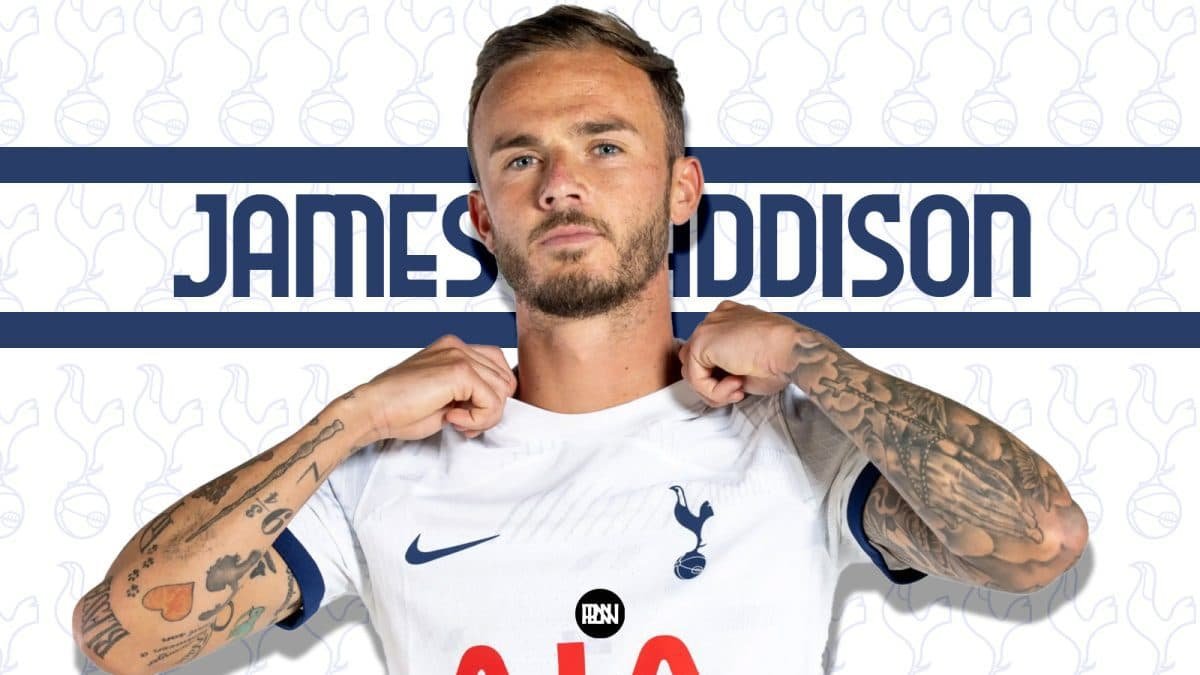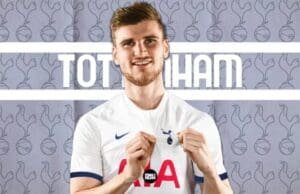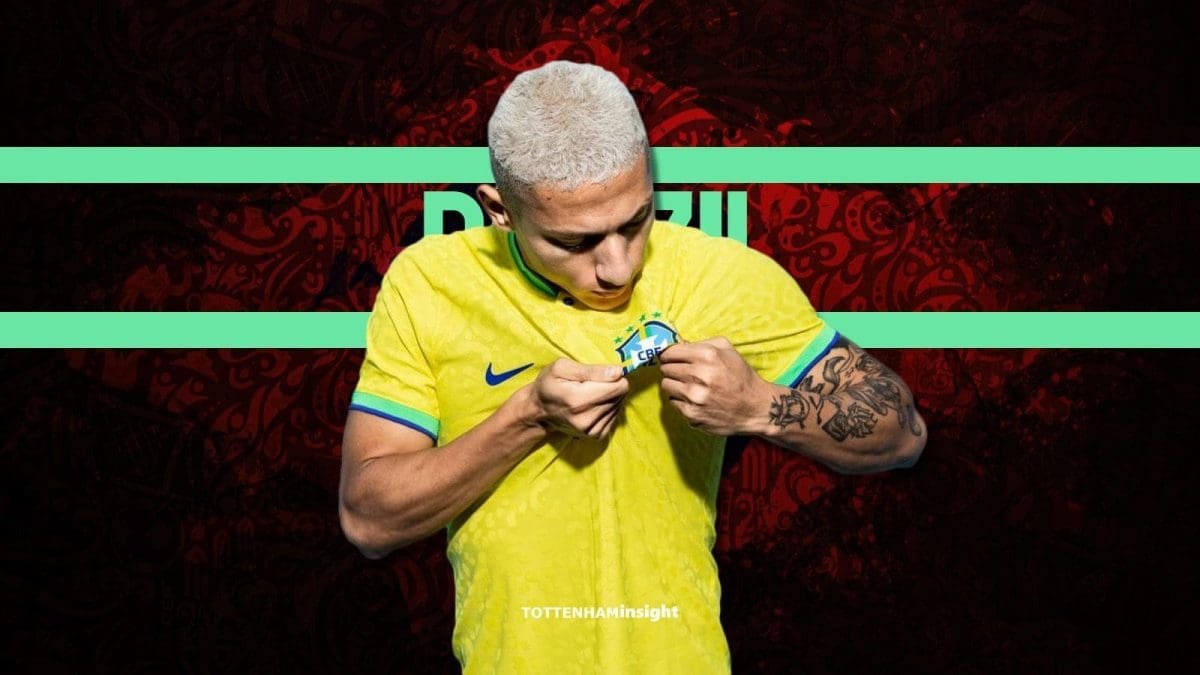Tottenham Hotspur Football Club, often referred to as Tottenham, is an English professional football club based in the London district of Tottenham. It competes in the Premier League, England’s top flight. Since April 2019, the team has played its home games at Tottenham Hotspur Stadium, which seats 62,850 people. White Hart Lane was destroyed to make way for the new stadium.
Tottenham Hotspur Football Club was founded in 1882. Its crest depicts a cockerel sitting on a football, with the Latin phrase “Audere est Facere” written underneath it. Home games have been played under a white shirt and navy blue shorts since the 1898-99 season. They train on Hotspur Way in Bulls Cross, Enfield.
Fanbase
Fans are attending the games together and betting on their favourite team. Are you in search of the most cutting-edge new betting site in UK? Learn about the newest offerings and read reviews from new bookies competing to become the top newly licensed UK bookmakers. Signing up with a new bookie can be a complicated process because there is confusion about which new companies can be trusted. Squawka Bet offers some of the greatest odds and incentives for players.
Tottenham’s fan base in the United Kingdom is especially strong in North London and the Home Counties. Yet, the number of spectators that attend its home games has fluctuated throughout time. Tottenham’s average attendance was once the highest in England. In the 2008-09 Premier League season, Spurs averaged ninth in attendance and finished tenth. Tottenham’s home games at Wembley Stadium had the league’s second-highest average attendance.
The North London derby on February 10, 2018, gathered an incredible 83,222 fans, breaking the Premier League’s attendance record. The Spurs Supporters’ Trust is the only independent supporters’ club. It is recognized as the principal organisation for Spurs fans.
Fan Controversy
The club had high popularity among the Jewish communities of east and north London. Because of that, Jews made up more than a third of the club’s membership in the 1930s. Since 1984, the club chairman has been three Jewish business people with a history of supporting the team. Now, the team’s Jewish fanbase is not much higher than that of other notable London clubs. Since the 1960s, opposition fans have used anti-Semitic slogans against the fans. Such chants included “Yids” and “Yiddos” against Tottenham Hotspur and its supporters.
Tottenham supporters, both Jewish and non-Jewish, began chanting back obscenities and used the term “Yids” or “Yid Army” in response to the hostile chants in the late 1970s and early 1980s. To some supporters, labelling someone a “Yid” is a badge of honour, lessening the effect of the slur. Others have said that the name “Yid” is derogatory and that Spurs fans should not be allowed to use it as a way of self-identification.
The World Jewish Congress and the British Jewish Board of Deputies have both criticised fans’ use of the slogan. Others, including British Prime Minister David Cameron, have maintained that its use by Spurs fans is not motivated by hatred and is not derogatory. The remarks used did not fit the legal definition of “threatening, abusive, or insulting.” The Crown Prosecution Service opted not to prosecute the Tottenham fans who screamed obscenities.
Fan Groups around the World
Tottenham Hotspur Supporters’ Trust is connected with Official Spurs Supporters Clubs around the world. It features membership possibilities for different support clubs.
There are various clubs around the UK. Some of them are Anglesey Spurs, Kernow Spurs, West Belfast Spurs, Vectis Spurs, etc.
There are also supporters around Europe that have formed support organisations. Some examples are Cyprus Spurs, Italia Spurs, and Dublin Spurs.
There are clubs around Asia and the USA too, with the biggest being the New York Spurs, India Spurs, and North Carolina Spurs.
Fan Culture
Tottenham Hotspur supporters are known to yell songs like “Glory Glorious Tottenham Hotspur” and other team-related songs. The song was written in 1961, the year the Spurs won the Double and qualified for the European Cup for the first time.
Spurs’ first game was against Polish champions Górnik Zabrze, and although they put up a spirited fight, they fell 4-2. The Polish press dubbed the Spurs “no angels” because of their brutal tackling.
Three supporters were so angered by these remarks that they dressed up as angels for the rematch at White Hart Lane with togas, sandals, artificial beards, and biblical-sounding banners.
Hooligans
Tottenham fans were involved in many events, most notably in the 1970s and 1980s. Spurs supporters rioted at the 1974 UEFA Cup Final against Feyenoord in Rotterdam, and again in Brussels during the 1983-84 UEFA Cup matches against Feyenoord and Anderlecht. Despite a decline in fan violence, a rare occurrence of hooliganism has been observed in recent years.

